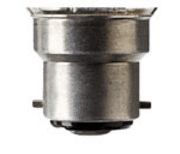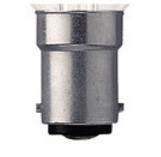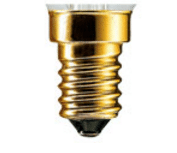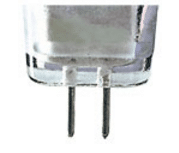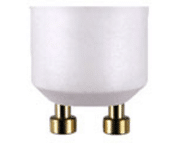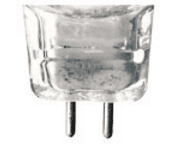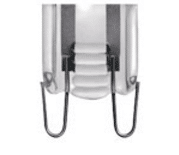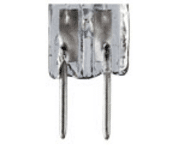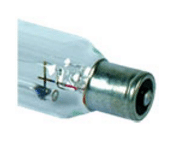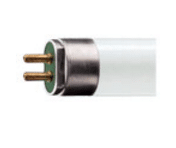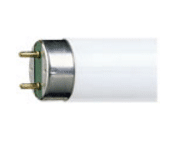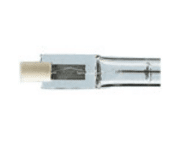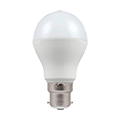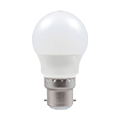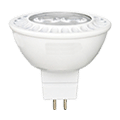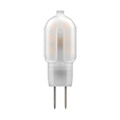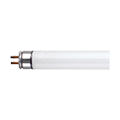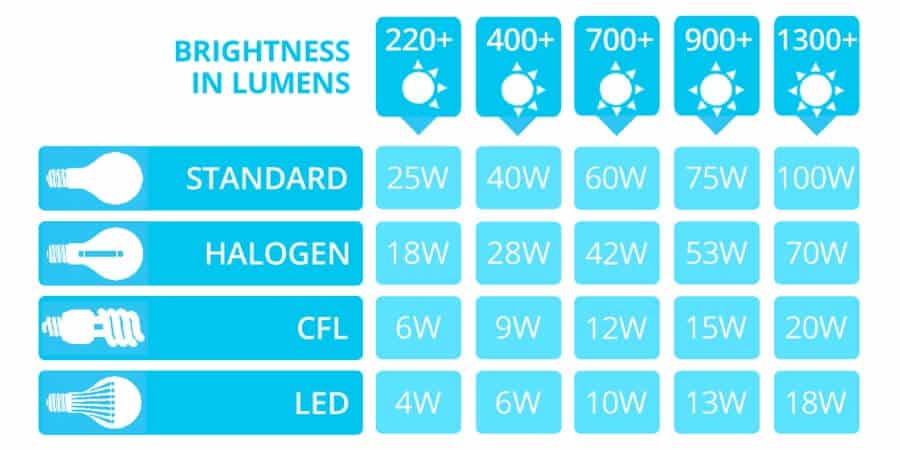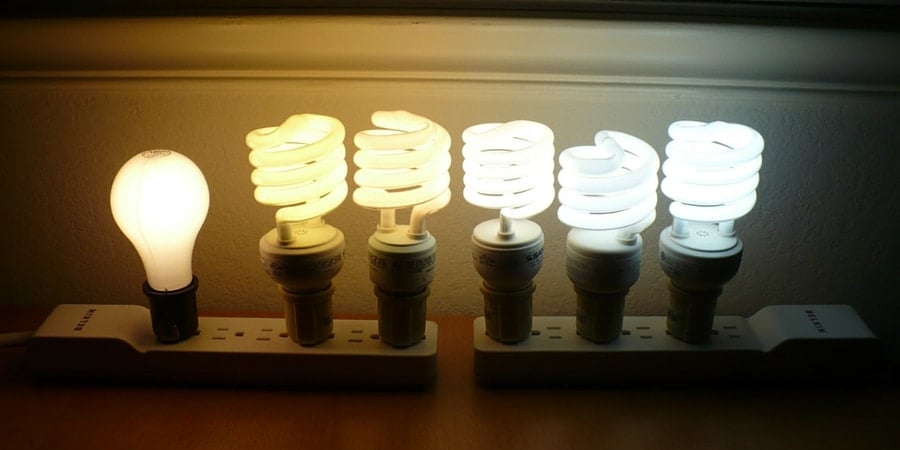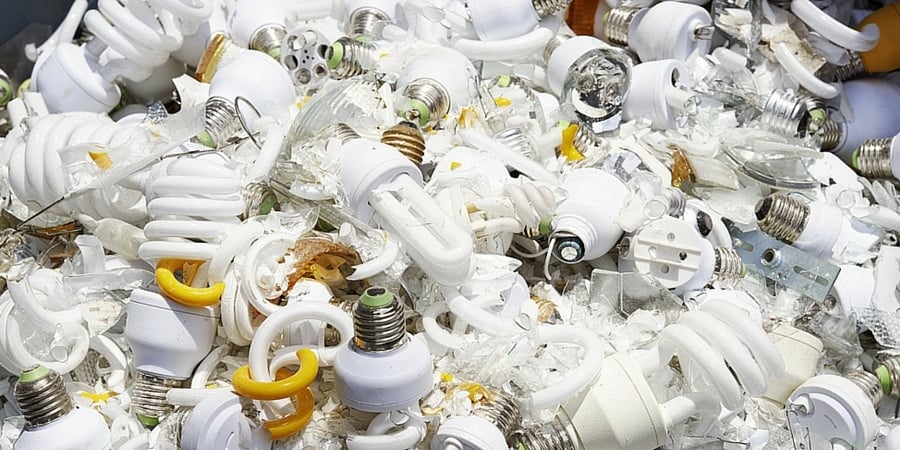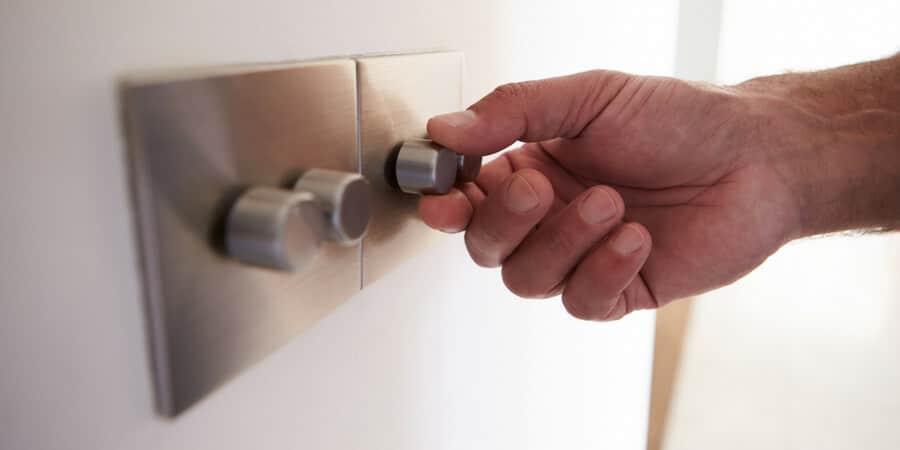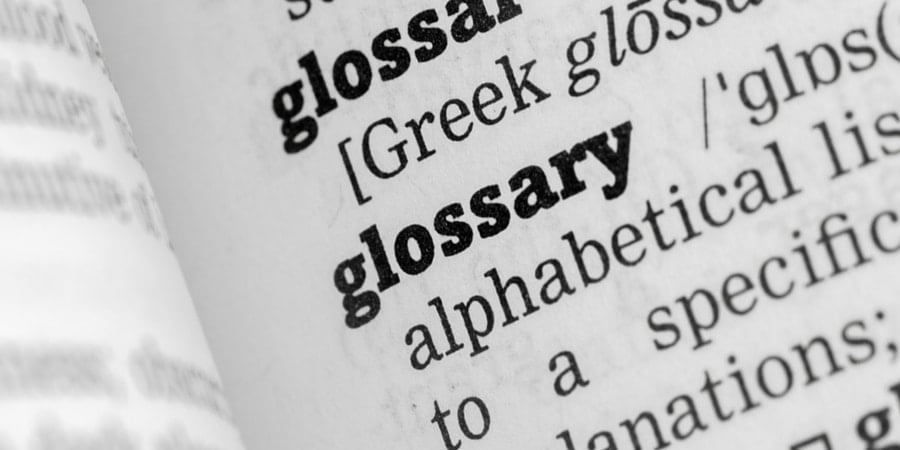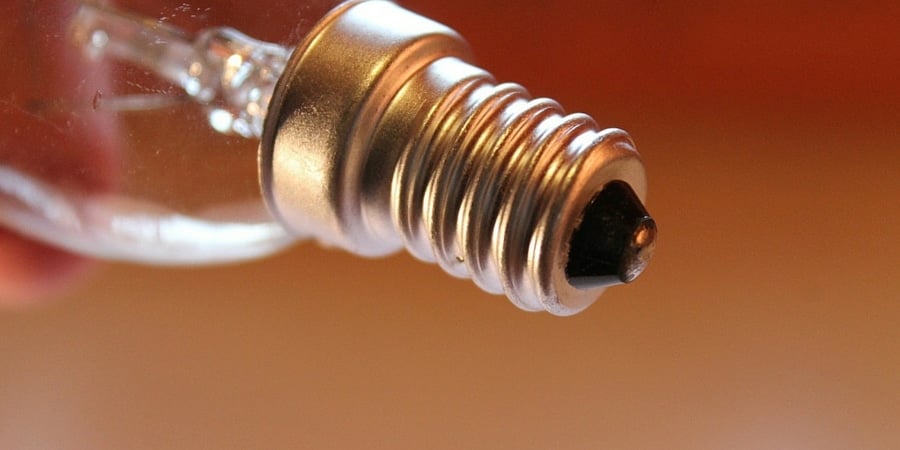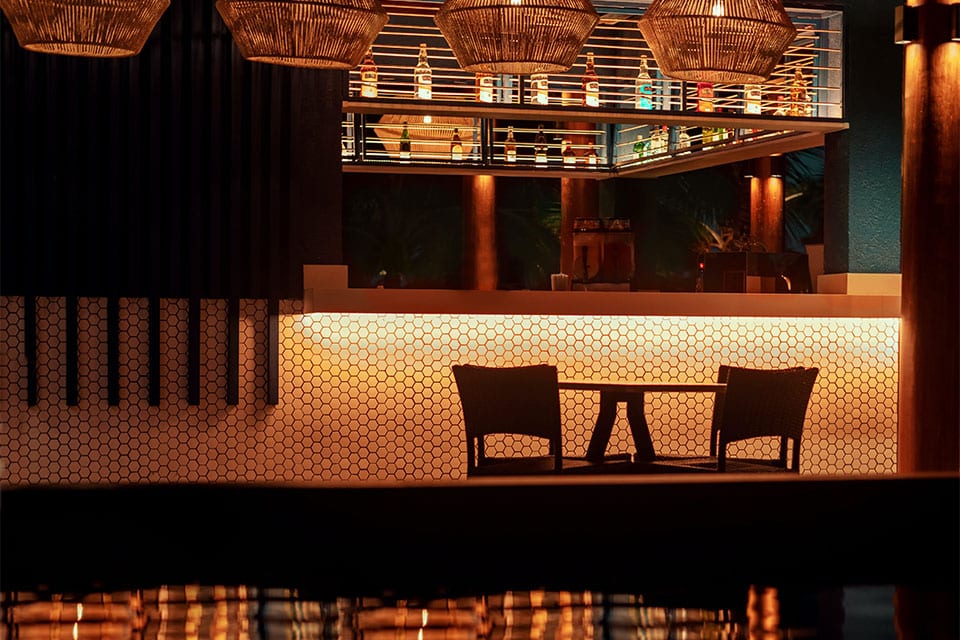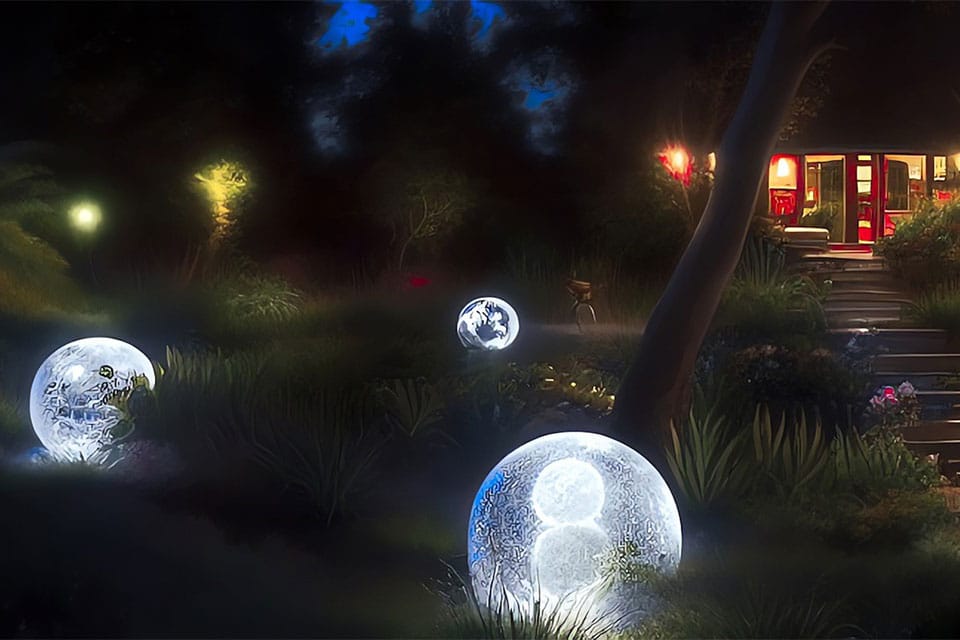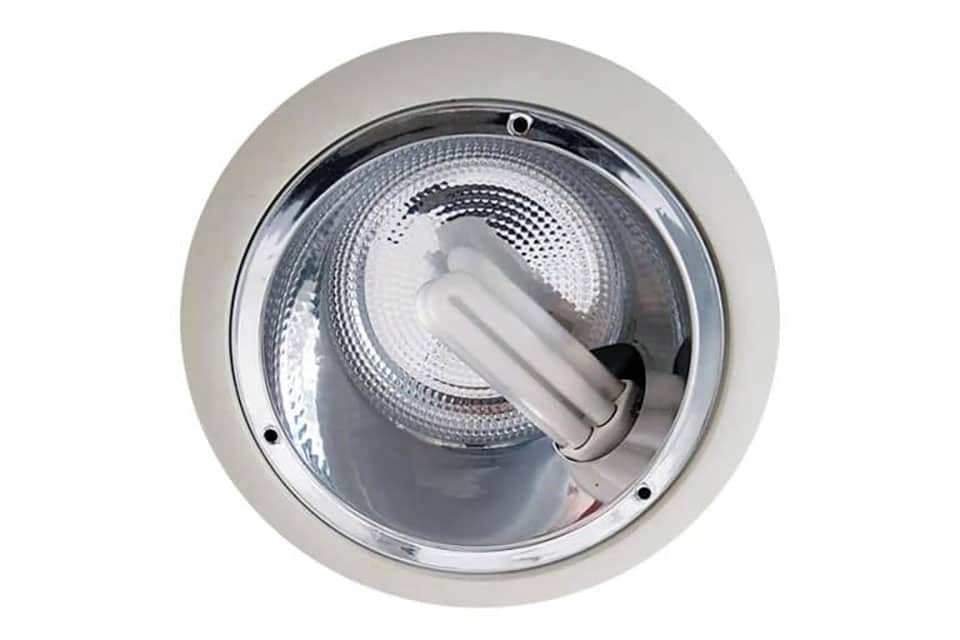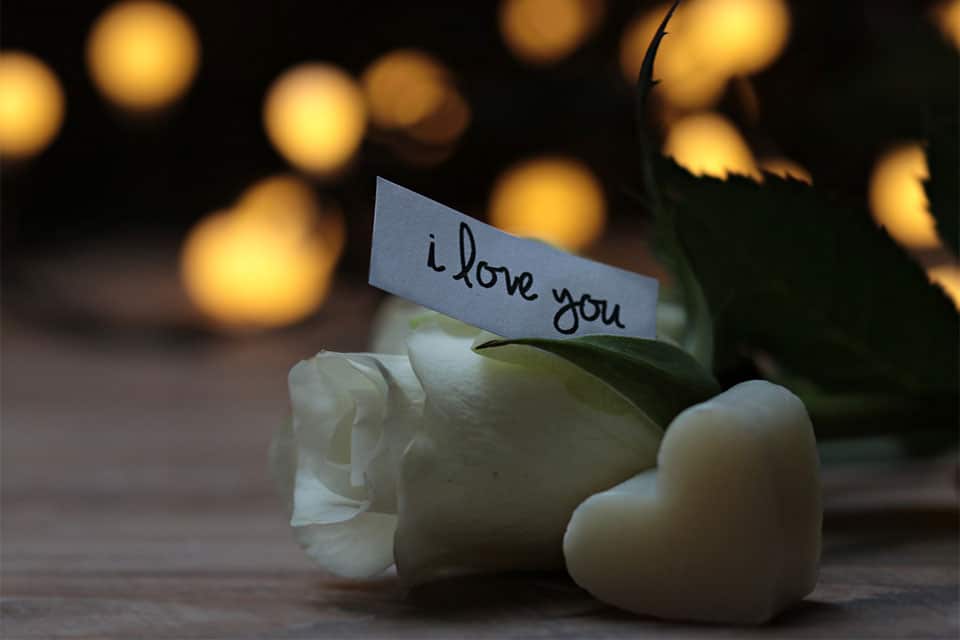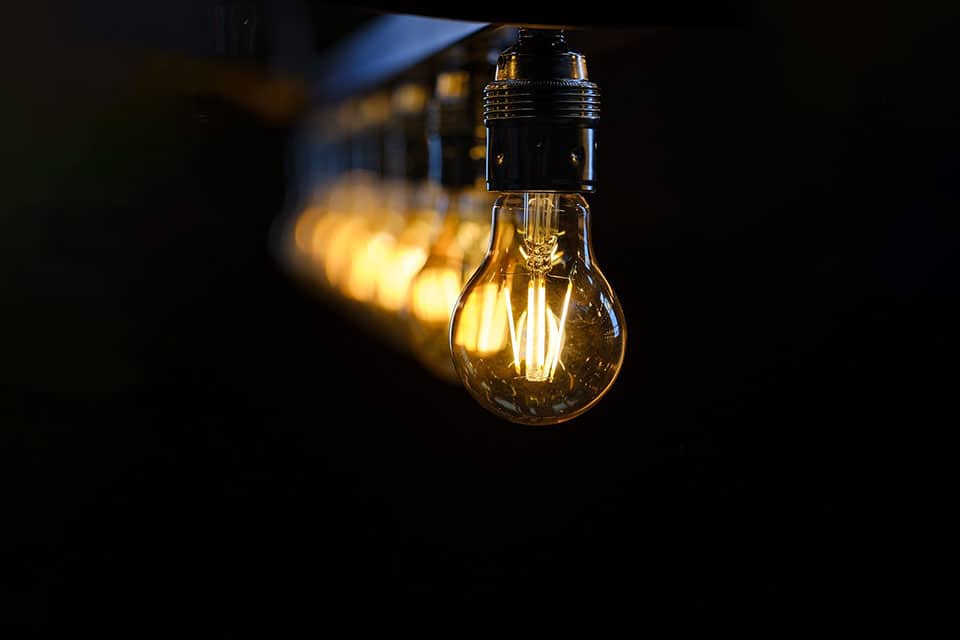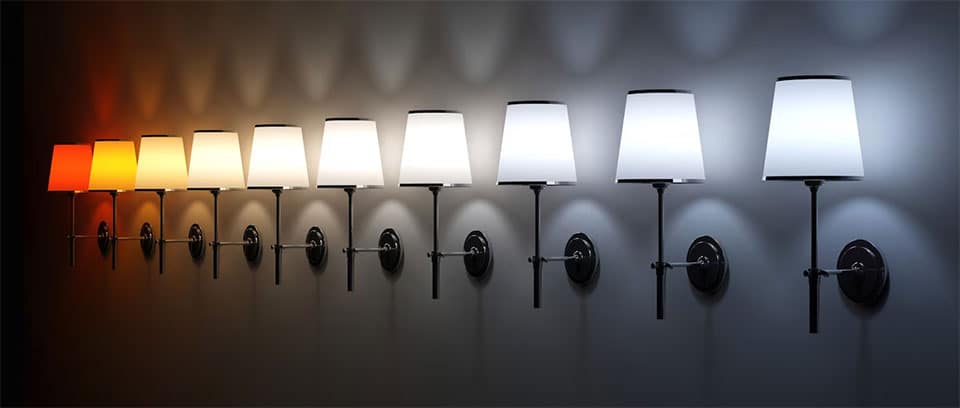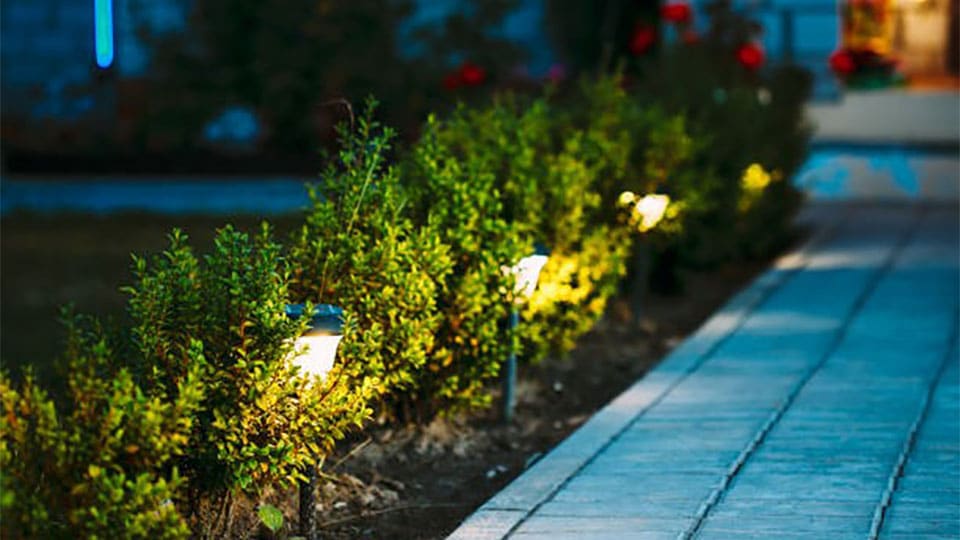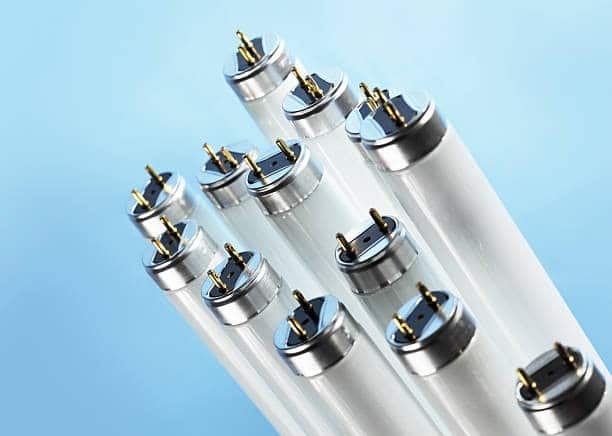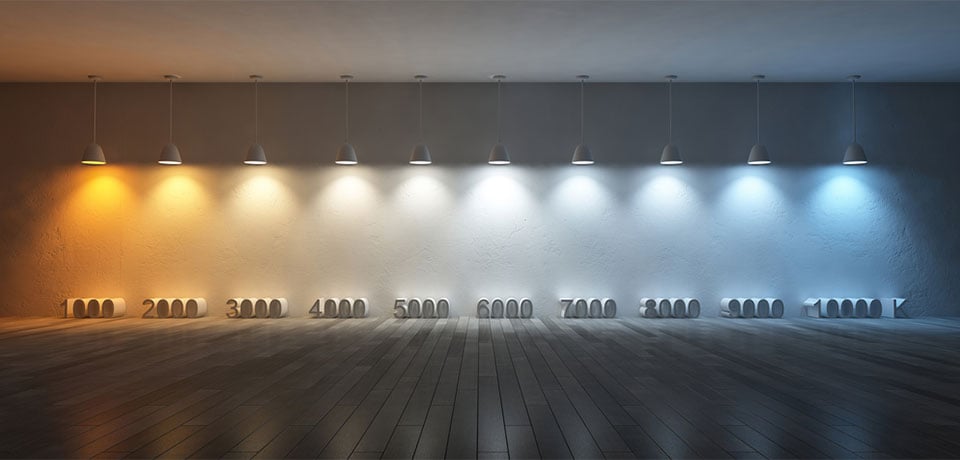LED light bulbs typically boast an impressively long lifetime. It’s one of the many features that makes them worth the extra quid, but what if you find that your LEDs are burning out before their time? You’re trying to make the transition to energy efficient lighting and you’ve followed the guides, but the bulbs just aren’t lasting as long as they’re supposed to. It’s a frustrating experience and it can be hard to determine where the situation is going wrong, but we can help you avoid it by shining a light on what could be causing these failures:
Problem #1: Dubious dimming components
LED light bulbs are dimmable, with two caveats:
- They have to say they are dimmable on the package. This indicates that they were specifically built to be dimming-capable.
and
- They have to be connected to an LED-compatible dimmer switch.
Standard LED light bulbs aren’t equipped with the components for dimming, and old dimmers just aren’t built for the low wattage of an energy-efficient LED bulb. While an old dimmer switch may work for a while and a standard LED light bulb may still technically dim, at some point you will run into problems with high-pitched buzzing or whining noises, flickering, and premature light bulb burnout.
SOLUTION:
Select light bulbs that specifically state they are dimmable and upgrade to an LED-compatible dimmer switch:
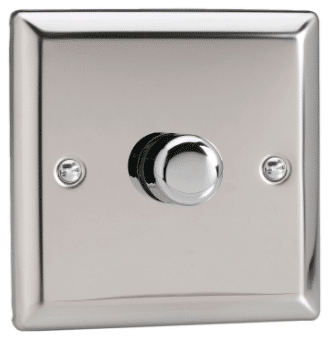
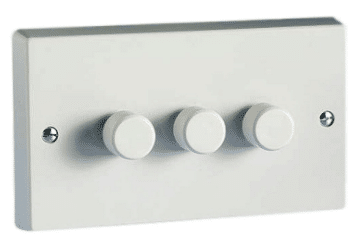
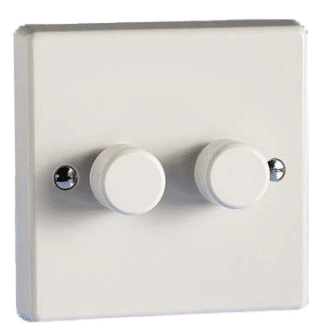
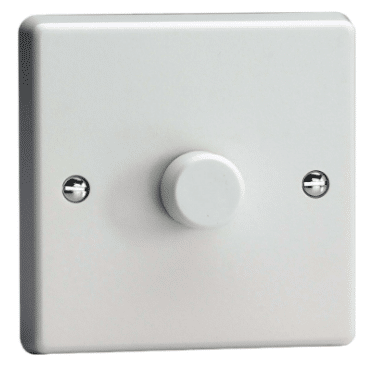
TELL ME MORE ABOUT DIMMABLE LEDS
Problem #2: High voltage
If you find yourself burning through multiple light bulbs throughout your home in the span of months, or you notice the bulbs burning more brightly than they should, the mains to your house might be too high. In the U.K., the electricity entering your home should fluctuate around 230V at 50 Hz. If it is consistently much higher than that, the overpowered voltage will cause any type of light bulb to burn out faster than it should.
SOLUTION:
If you suspect this is the issue, have an electrician test the voltage in your home or contact your electrical provider to have it corrected.
Problem #3: Bad connections
Bad connections can affect the amount of voltage a light bulb will receive, which can wear it out prematurely. There are a couple of possibilities that could be causing bad connections in a light fixture:
Problem | Solution |
|---|---|
| The bulb is loose in the socket. | Tighten it so the contact points are more snug. |
| The bulb has been screwed in too tightly and depressed the socket tab. | Cut power to the fixture by unplugging it or turning off the breaker. Remove the light bulb and use pliers or tweezers to lift up the metal tab in the bottom of the socket so it sits at a 20 degree angle. |
| Worn or corroded contact points. | Replace the socket or get a new fixture. |
| There’s a loose wire connection. | Unless you are knowledgeable about electrical work and confident in your capabilities, hire an electrician. |
Problem #4: Overheating
Unlike incandescent light bulbs, LEDs don’t produce light using heat. This is part of what makes them so energy efficient. The downside is that their components can be sensitive to overheating, which can cause them to burn out prematurely. LEDs can overheat if they:
- Are used in enclosed fixtures but aren’t designed for them (packages usually specify what types of fixture a certain bulb is ideal for).
- Are too large for the fixture—just because the base fits, doesn’t mean the bulb should be there.
SOLUTION:
Select LED light bulbs that are the right size for your fixture so it gets proper ventilation, and only use bulbs rated for enclosed or semi-enclosed fixtures in places like recessed lighting fittings, such as GU10 bulbs:
Warm White LED
(Non-dimmable)
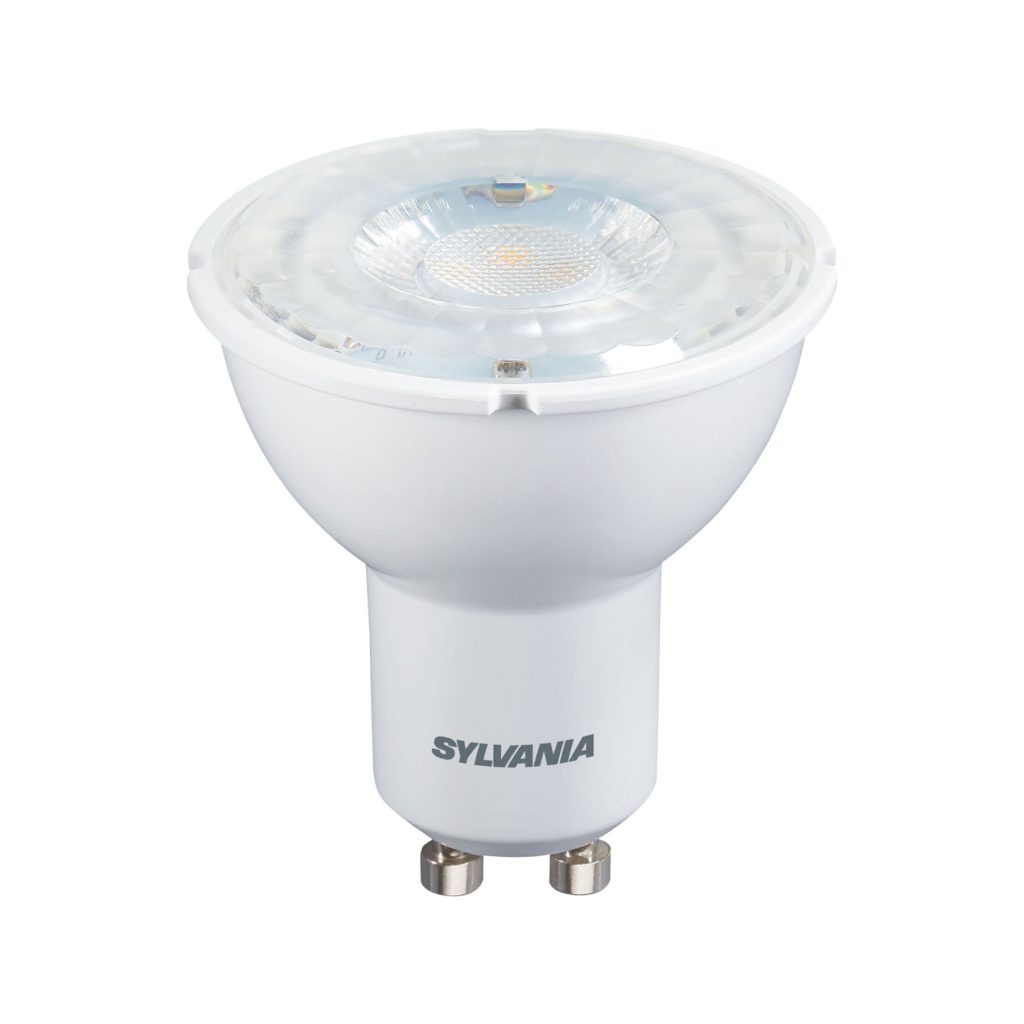
Warm White LED with Long Body (Dimmable)
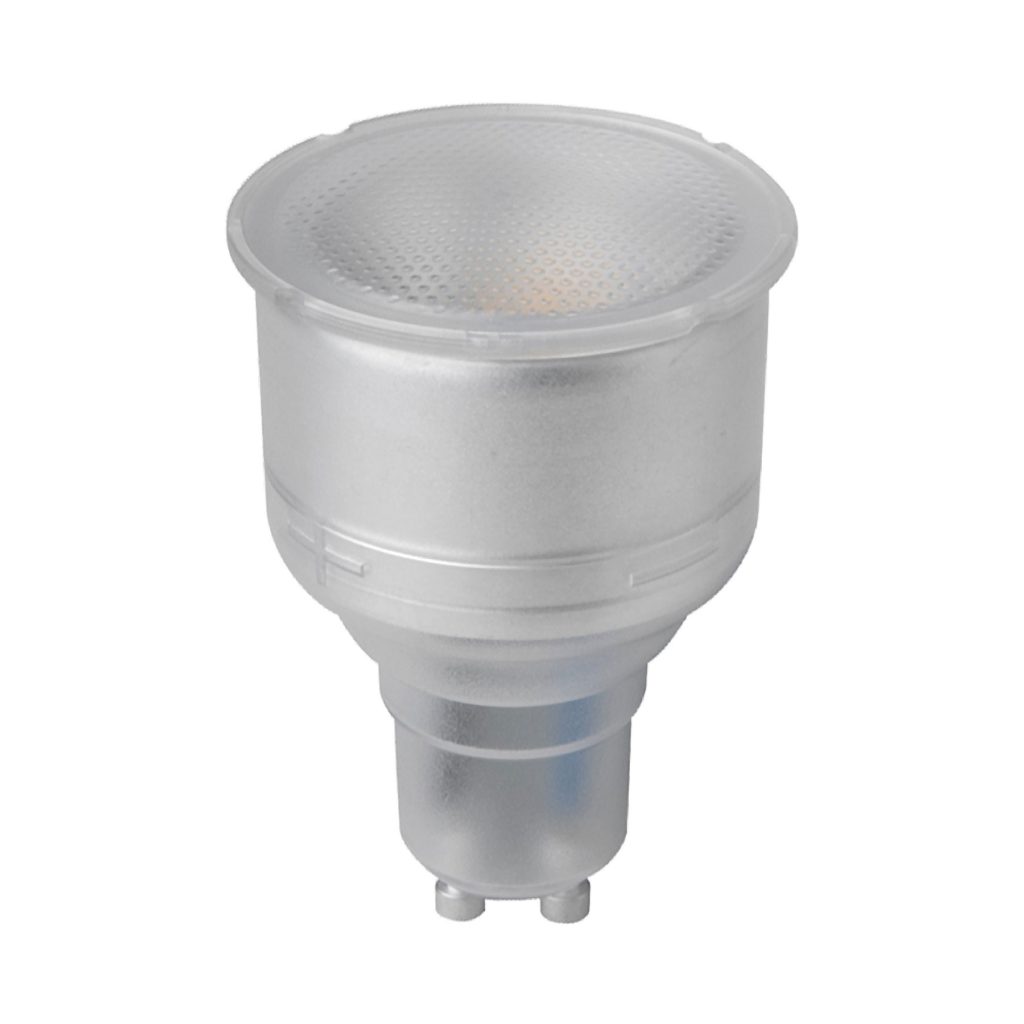
Warm White LED
(Non-dimmable)
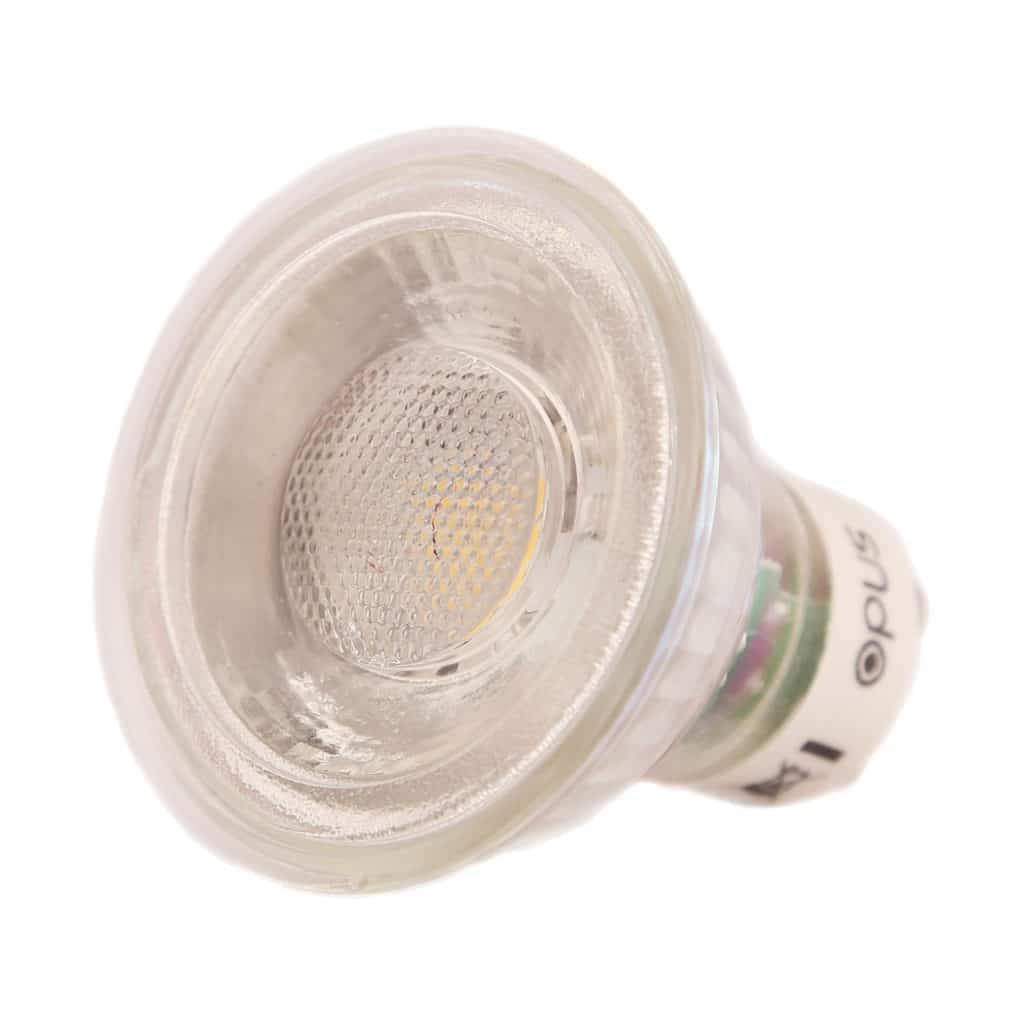
Warm White LED (Dimmable)

Problem #5: Bad Batch
There is always the chance that you’ve got a bad light bulb that managed to slip through quality checks, or that got damaged at some point. If you’ve tried the light bulb in other fixtures to no avail and have found that none of the other solutions work, check the warranty that came with the package and speak to the retailer you purchased it from or the manufacturer about getting a refund.
Luminous and Long-lasting
LEDs are built to last, but they can only shine if they have the right conditions. With some simple fixes to your lighting setup, your LED bulbs should illuminate your home for years to come.
Learn more about LEDs in our Ultimate Guide and LED Buying Guide.
Need more help with your LED light bulbs? Contact our lighting experts at 01869 362222 or using our live chat.


